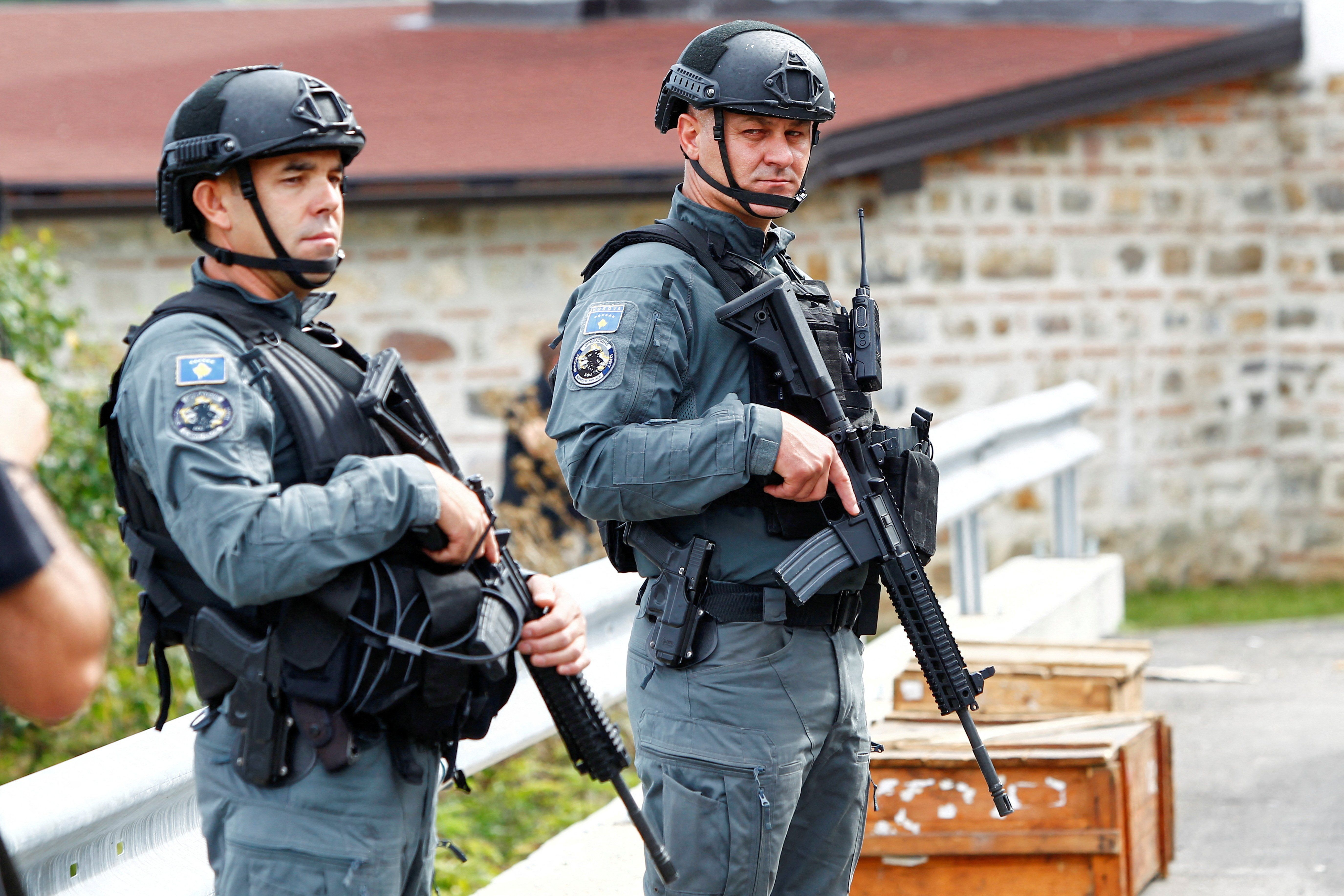Things are getting hot again between Serbia and Kosovo. The US and NATO have both sounded the alarm after a recent gun battle between Kosovo police and Serb nationalists in Northern Kosovo left several people dead, prompting what the White House called an “unprecedented” buildup of Serbian troops along the Kosovo border.
The background, briefly: In 2008, after nearly 20 years of conflict, majority-Albanian Kosovo declared independence from Serbia, with US backing. But many ethnic Serbs who still live in Northern Kosovo reject the legitimacy of the Kosovar government, which Serbia itself has never recognized. The outlines of a Serbia-Kosovo agreement call for Kosovo to grant autonomy to ethnic Serb areas. Clashes have periodically erupted over local elections and even license plates.
Is a wider war coming? Kosovo says Serbia is poised to invade Kosovo in what would be an eerie echo of Azerbaijan’s shock move against Nagorno-Karabakh last week — i.e., a long-running ethnic dispute in which the stronger party makes a move while the EU and US are distracted by Ukraine. And yet, over the weekend, Belgrade drew down its forces along the border after getting an earful from both Brussels and Washington.
That’s because Serbia has another interest at stake too. It still wants to see progress on its decade-old EU accession bid when the Union meets to discuss enlargement this winter. Although Serbian views on membership are split, and Belgrade’s cozy Russia ties are a further complication, President Alexander Vučić knows that invading Kosovo would be suicidal for any EU hopes.
But there’s a catch there too: Neither Serbia nor Kosovo — which has also applied to join — has any hope of getting into the EU until they resolve their own conflict first, a prospect that does not look promising at the moment.
